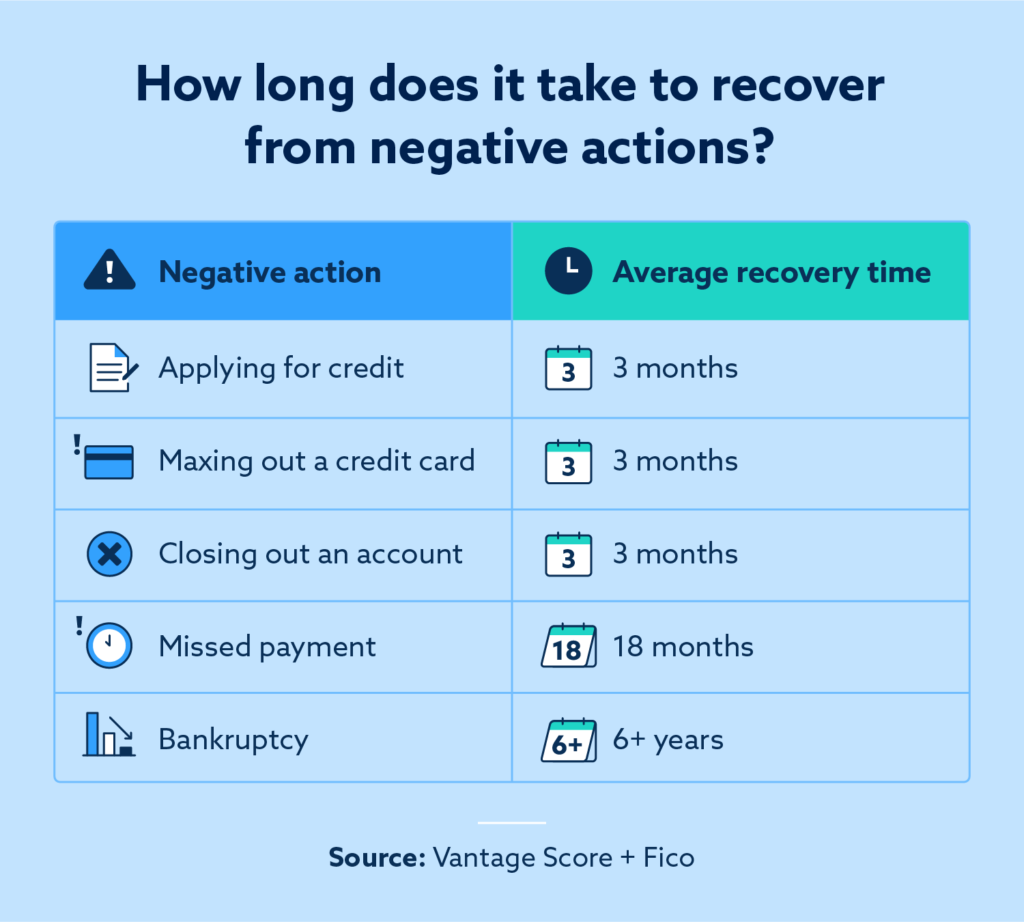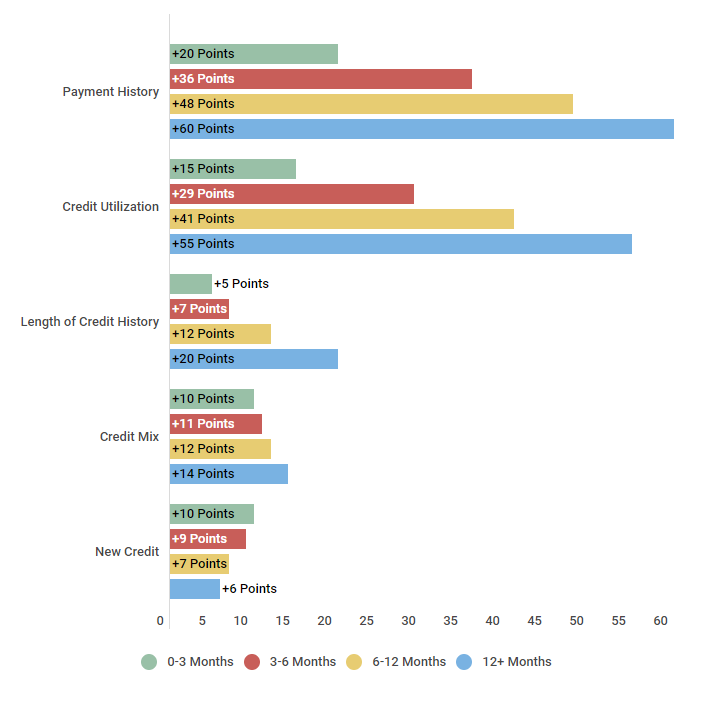Have you ever found yourself eagerly waiting for some positive changes in your credit score? It’s a common desire, and one that many people have. After all, a good credit score can open doors to better financial opportunities and peace of mind. So, what are the keys to seeing improvements in your credit score, and how long does it typically take to achieve them?
In this article, we will explore the factors that influence the change in your credit score and provide you with an understanding of the timeline involved. From the impact of timely payments and credit utilization to the importance of credit history length, we’ll walk you through the essential elements that can contribute to an upward trajectory in your credit score. With this knowledge, you can better grasp the steps needed to reach your credit score improvement goals, and set realistic expectations for the timeline ahead. So, let’s dive into the fascinating world of credit scores and discover how long it typically takes to witness those much-awaited improvements.
Factors that Impact Credit Score Improvement
Improving your credit score is an important goal for many people, as a higher credit score can open doors to better financial opportunities, such as lower interest rates on loans and credit cards. There are several factors that can impact your credit score improvement, and it’s important to understand how each of these factors plays a role in determining your creditworthiness.
Payment history
One of the most significant factors that impact your credit score is your payment history. Lenders want to see that you have a history of making timely payments on your debts. Consistent on-time payments demonstrate financial responsibility and reliability. Late payments, on the other hand, can have a negative impact on your credit score. It’s important to understand that even a single late payment can stay on your credit report for up to seven years. Therefore, it is important to consistently make payments on time to maintain a positive payment history.
Credit utilization
Credit utilization ratio refers to the amount of credit you are currently using compared to the total amount of credit available to you. It is recommended to keep your credit utilization ratio below 30%. High credit utilization can signal financial distress and may negatively impact your credit score. One way to improve your credit utilization is to pay down your balances and reduce the amount of debt you owe. By keeping your credit card balances low, you show lenders that you are responsible in managing your credit.
Length of credit history
The length of your credit history is another important factor in determining your credit score. Lenders prefer borrowers with a longer credit history because it provides them with a more accurate assessment of your financial behavior over time. Generally, the longer your credit history, the better it is for your credit score. If you are just starting to build credit, it’s important to use credit responsibly and establish a positive credit history. Making timely payments and keeping your credit utilization low can help you build a solid credit history over time.
New credit and credit mix
When you apply for new credit, it can have a temporary negative impact on your credit score. This is because lenders may view multiple credit inquiries as a sign of financial instability. However, if you manage your new credit responsibly, making timely payments and keeping balances low, it can have a positive impact on your credit score in the long run. Additionally, having a diverse credit mix, such as a combination of credit cards, loans, and a mortgage, can also positively impact your credit score. It demonstrates your ability to manage different types of credit responsibly.

This image is property of www.lexingtonlaw.com.
Timeline of Credit Score Improvement
Improving your credit score is not an overnight process. It takes time and consistent effort. Understanding the timeline of credit score improvement can help you set realistic expectations and stay motivated on your journey to better credit.
Short-term changes
In the short term, making changes to your credit habits can have an immediate impact on your credit score. For example, if you are able to pay down a significant amount of debt or resolve any past due accounts, you may see an improvement in your credit score within a few months. However, it’s important to note that these changes may not have a lasting effect if you don’t maintain good credit habits over the long term.
Medium-term changes
In the medium term, improving your credit score requires consistent effort and patience. As you continue to make timely payments and reduce your debt, you may start to see a gradual increase in your credit score. It is important to stay committed to your goals and maintain good credit habits to see steady progress.
Long-term changes
Building a solid credit history over time is key to achieving long-term improvements in your credit score. Consistently making on-time payments, keeping your credit utilization low, and avoiding negative credit incidents, such as late payments or collections, can significantly improve your credit over the years. However, it’s important to remember that negative events, such as bankruptcies or foreclosures, can stay on your credit report for several years and may continue to impact your credit score even after you have taken steps to improve it.
In conclusion, improving your credit score is a journey that requires a combination of good credit habits and patience. By understanding the factors that impact your credit score improvement and the timeline of credit score changes, you can take proactive steps to achieve a better credit standing. Remember to consistently make on-time payments, keep your credit utilization low, and establish a positive credit history over time. With dedication and perseverance, you can improve your credit score and pave the way for a brighter financial future.

This image is property of www.creditsesame.com.
